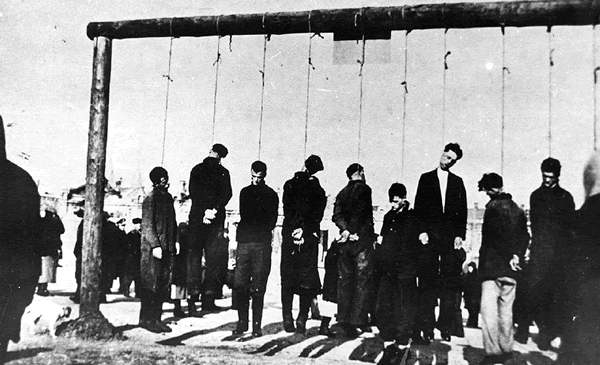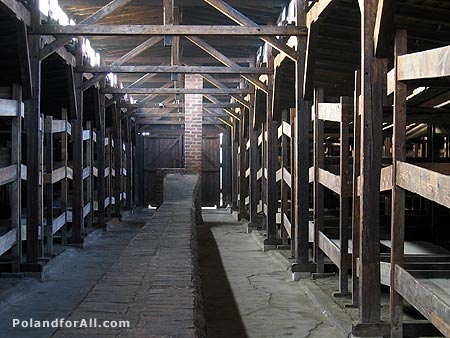6 million people, 12 million hands
Strapped together like rubber bands.
6 million people, 12 million eyes,
Mother and children with last goodbyes.
6 million people, 6 million hearts,
Family, lives, and spirits torn apart.
What we’ve lost in the Holocaust
All we can’t forget,
We’ll make the Nazis regret.
I think that this poem shows Elie's reasoning for telling his story. He does it for all the people who didn't get to say goodbye before their families were ripped apart. "Mother and children with last goodbyes." Elie didn't even get to tell his mother goodbye. They were split by gender at Auschwitz and never saw each other again.
http://www.familyfriendpoems.com/poem/holocaust-we-must-never-forget


